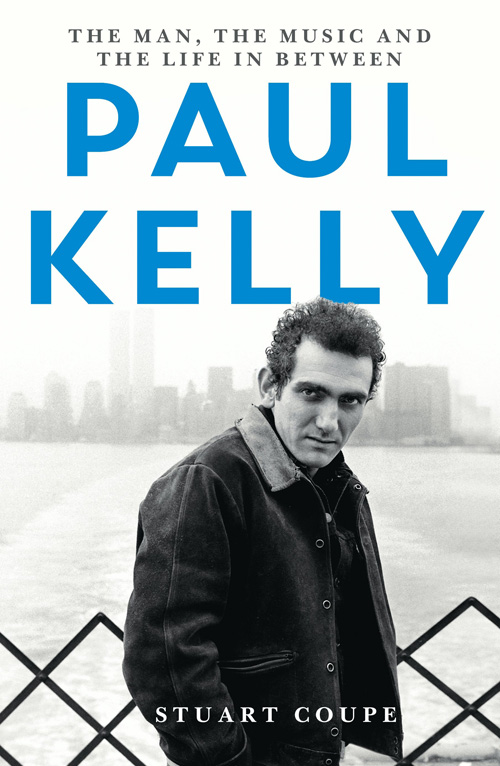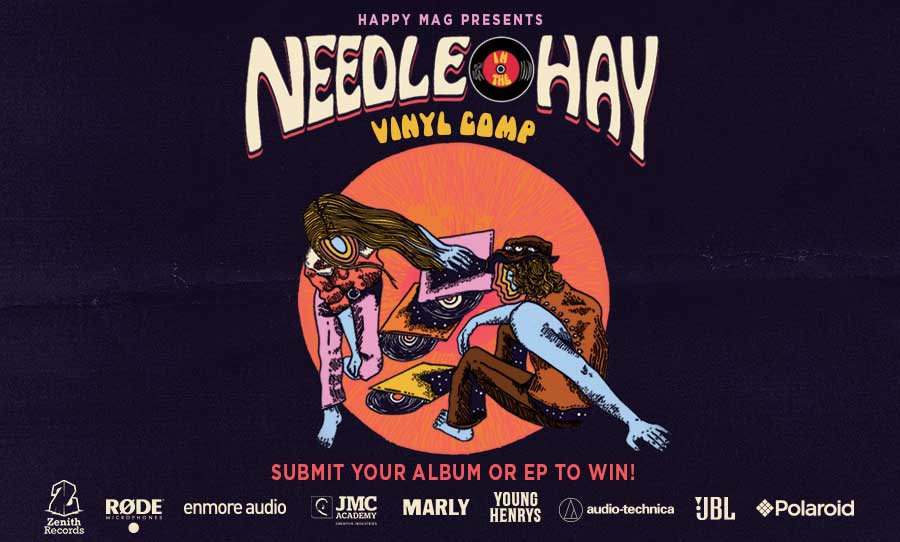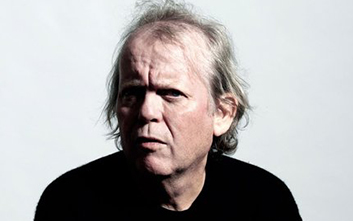Live fast, die young — or so the cliché goes. It’s a trope that applies to many mythical figures in rock, but not so to Paul Kelly. In Paul Kelly: the Man, the Music and the Life in-Between, (Hachette) journalist and one-time manager of the singer-songwriter, Stuart Coupe, chronicles the key milestones in a life and career that has confounded expectations and transcended the fickle trends of popular music.
Assembled with the help of a cast of Kelly’s closest confidants, former and current collaborators, as well as the insights of Coupe and Kelly themselves, this memoir is rendered with honesty and thoughtfulness. Ultimately, it represents a comprehensive picture of a man whose music is an immovable presence in Australia’s collective consciousness.

Paul Kelly: the Man, the Music and the Life in-Between thoughtfully traces the story of the beloved songwriter. Pulling no punches, it offers a unique view into his enduring presence in Australian culture.
The product of Adelaide’s thriving arts community in the 1970s, born to liberally-minded parents and growing up in a large, musically rich family, Kelly’s affinity with the arts was a natural one and a consequence of his environment.
What was unique to Kelly — a point illustrated early on in the book — was an inextinguishable fire in the belly, which would burn hot enough to power a career spanning more than four decades. Coupe writes:
“Sure he laughs, can be highly amusing — if quiet — company but make no mistake: there is a singular focus and grit to everything he does. His creative life really is a matter of life and death.”
From a very early age, Kelly viewed songwriting as a career: there was no plan B. Despite the fact he was in it for the long haul, he wasn’t immune to the trappings of rock ‘n’ roll, as indicated by his predilection for heroin. “Having a certain mystique is probably essential for anyone who wants success.” Says Paul Gadsby, a collaborator from the days of Paul Kelly and The Dots. “But the mystique around the heroin scene got to me. They all seemed to think they were Rimbaud and part of some exclusive club.”
Though seemingly universally admired, Kelly still provoked the ire of bandmates. In the early years, some felt they didn’t receive the respect that their contributions warranted. Kelly took to taking top-billing on posters without informing bandmates. Yes, he was shy, quiet and philosophical, but make no mistake, it was Kelly’s way or the highway.
What he lacked in diplomacy, he more than made up for in quality songs. Plus, his output was prolific. Eventually attracting the attention of Mushroom Records chief Michael Gudinski, the first studio records of the Paul Kelly oeuvre would see the light of day. Talk was followed by Manila (a bizarre cost-cutting sojourn to the Philippines capital).
But it wasn’t until the formation of The Coloured Girls (later changed to The Messengers) that things began to fall into place. By this time, it was the mid-’80s and Stuart Coupe had taken on management duties. This period yielded Kelly’s most recognisable singles and became the bedrock on which the rest of his career was built.

The parallel thread which runs through the memoir is, of course, Kelly’s personal life, which was not without its difficulties. In A Dream About Lightning Bugs, Ben Folds noted that his true marriage was to his work — a similar characterisation could be applied to the life of Paul Kelly.
Coupe says, “To say that the rock ‘n’ roll lifestyle is notoriously uncompromising when it comes to relationships is an understatement...” and he doesn’t gloss over Kelly’s relationship breakdowns. But as he has gotten older, his musical and family lives have become more healthily intertwined.
The same determination that fuelled his initial rise to prominence still resides within the artist and continues to drive his curiosity. Through myriad collaborations, Kelly continues to influence and inspire. Increasingly, he provides mentorship to subsequent generations of artists.
Coupe’s portrayal of Kelly’s journey is meticulously collated. Instead of a sweeping singular narrative, he has relied on a patchwork of contributions — going straight to the sources and presenting first-hand details without a filter. This approach enriches the experience as a whole because they give the reader a glimpse of Kelly through multiple lenses. Perhaps it’s the only way of explaining the unexplainable, of telling the tale of someone who is as familiar and unknowable as Paul Kelly.
Paul Kelly: the Man, the Music and the Life in-Between by Stuart Coupe is available now via Hachette.


